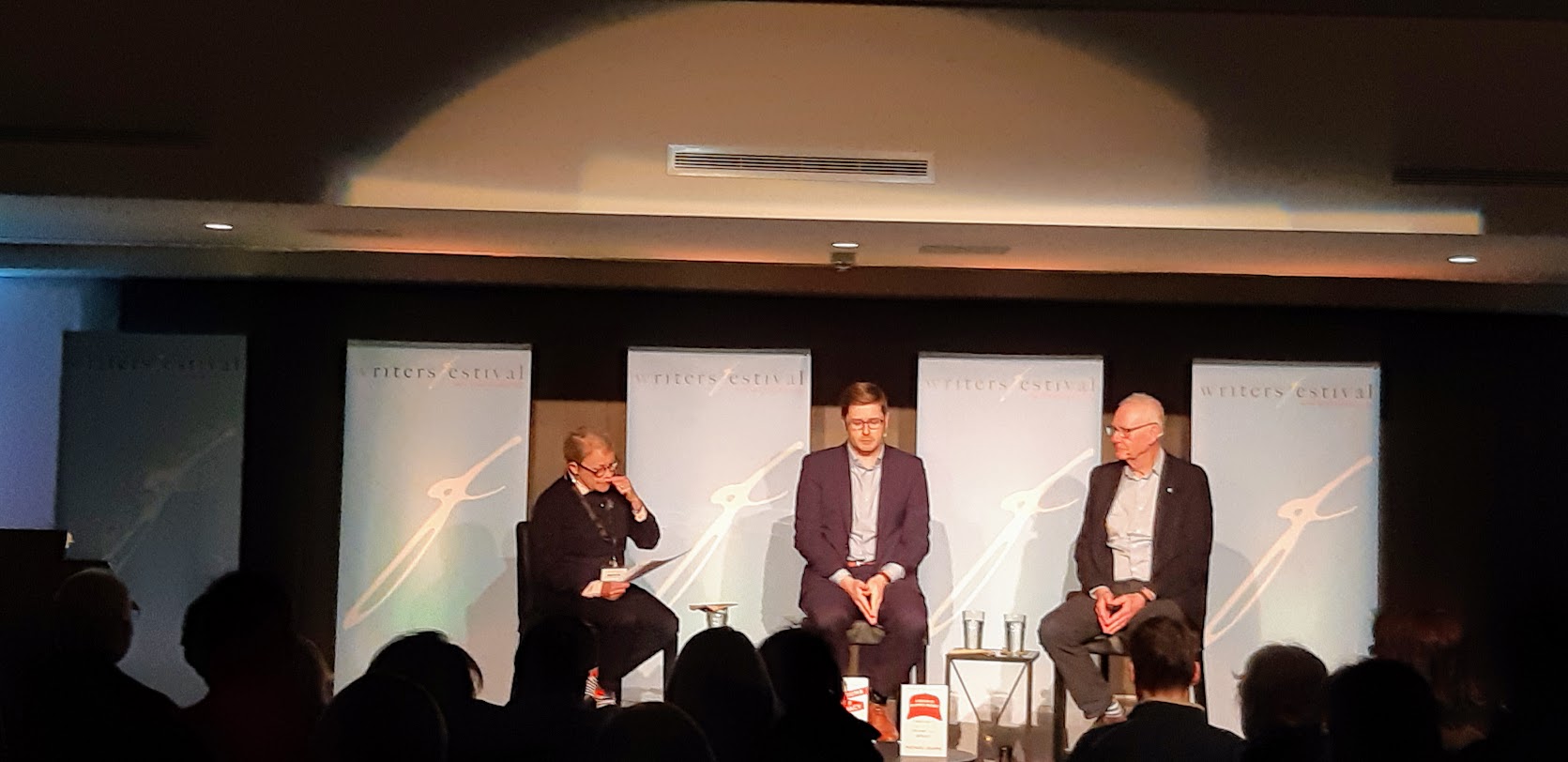My Facebook site has been inundated recently by friends disgusted by mass shootings in the U.S. and outraged with an American president who appears to act as an enabler to white supremacists. When we Canadians look at the racism and misogyny being perpetrated by people like Donald Trump, Juan Bolsonaro in Brazil, Rodrigo Duterte in the Philippines (to name just a few), we wonder whether it could happen here. The “it,” no matter where the debate begins, always ends up in the crude scapegoating of immigrants and refugees fleeing wars, oppression and increasingly climate-ravaged societies.
There is an added edge to our apprehension in Canada because there is an upcoming federal election and we are concerned that the debate may turn ugly. I must say, however, that my spirits were lifted when I went to hear Canadian pollster Michael Adams talk about his new book — and it is actually called Could It Happen Here? Adams is the founding president of the Environics group of research and consulting companies and an author. He has been polling for many years and his books take a long range view of public opinion in Canada and the U.S.
Canadians positive on immigration
Adams acknowledged that Canada has its own history of racism and xenophobia, including Indian residential schools, and the internment of Japanese-Canadians in the Second World War, to take just two examples. But he said something began to change in the 1960s. Multiculturalism is actually working in our country, and immigrants and refugees who arrive here overwhelmingly fit in. Adams said that Canadians generally feel far more positively about immigration than is the case in any other country. This view has held even as immigrants in 2016 accounted for 22 per cent of the Canadian population.
Xenophobia won’t fly
Adams predicted at his book event that xenophobia will not be a successful platform in the federal election campaign. He pointed to how the Harper government lost the 2015 election after attempting to inflame sentiment against newcomers by introducing a “barbaric cultural practices” hotline. Then in the 2017 Conservative leadership race which followed the election, candidate Kellie Leitch introduced anti-immigrant and refugee sentiment into the campaign. She received only eight per cent of the leadership votes and had to drop out. She has since announced that she will not run for re-election in 2019.
Adams said that we do have one “xenophobic party” contesting the election — the People’s Party of Canada led by Maxime Bernier. He came within a whisker of winning the 2017 Conservative leadership race, which he lost to Andrew Scheer. In the past, Bernier has portrayed himself as a libertarian who would dismantle marketing boards for farm products, slashing taxes and government spending, including subsidies to business. But in his new role as a party leader, Bernier has rebranded himself as anti-immigrant and refugee and an opponent of what he calls “extreme multiculturalism.” He has also been photographed with white supremacists.
Scheer, who defeated Bernier, is a far more conservative person than his amiable image as a former speaker of the House of Commons would indicate. He has played the anti-immigrant card as well, although not as brazenly as Bernier.
Electoral unease
The election campaign does provide the basis for some unease. How vulnerable are some of our fellow Canadians to the toxic discourse being pursued by leaders in other countries and amplified by social media? After Alexandre Bissonnette gunned down six people who were praying in a mosque in Quebec City in 2017, he indicated that he had followed Donald Trump’s frequent claims on social media that immigrants are thieves and rapists, and that Muslims are terrorists.
Another, related, question is this: To what extent is white supremacy a latent sentiment in our country, one which could be emboldened by certain unscrupulous leaders?
Michael Adams acknowledges that a “backlash constituency” exists and that it provides an opportunity for those leaders willing “to channel the feelings of those who feel angry and dismissed.” But he believes the “appetite for that form of politics is limited.” I hope that he is right and actually I believe that he is.
Dennis Gruending is an Ottawa-based author, blogger and a former MP. This piece appeared on Dennis Gruending’s Pulpit and Politics blog.
Image: Dennis Gruending



